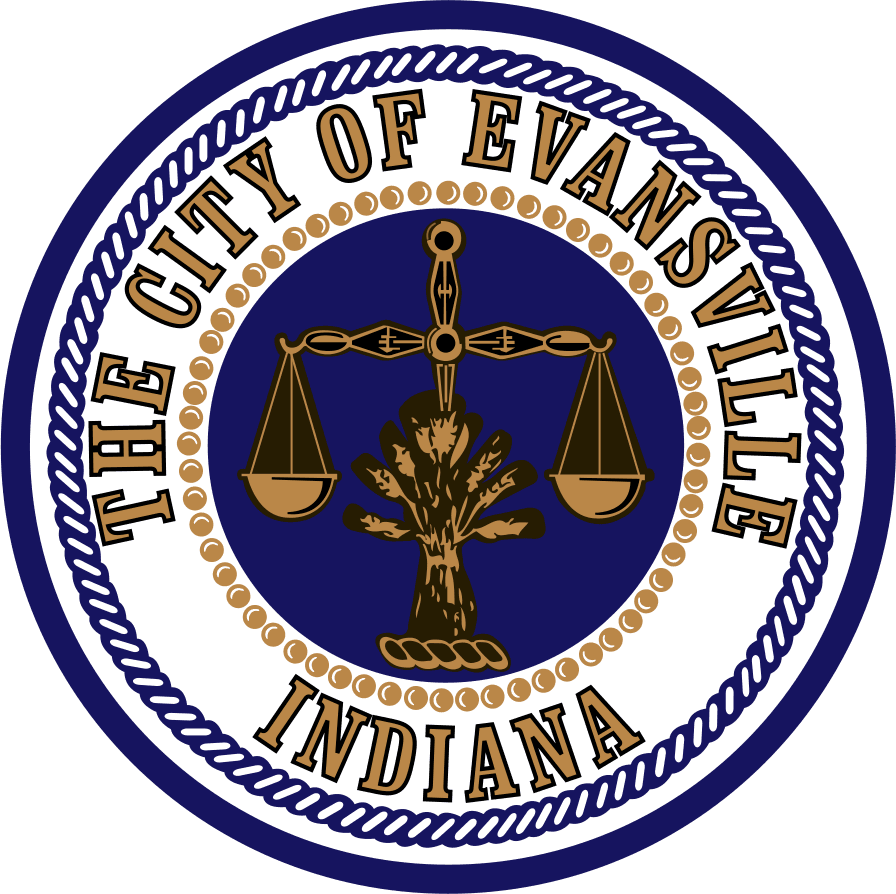OUR WORK
Our Agency in Action

Evansville Climate Collaborative (ECC) is dedicated to fostering sustainability, climate action, and climate resilience throughout our community. As the primary city agency for promoting environmental stewardship, ECC engages residents, businesses, and local organizations in collaborative efforts to achieve the mission.
We are a nimble team that relies primarily upon grant funding and strategic partnerships to drive impactful work. We coordinate a variety of programs and projects, ranging from long-range strategic planning to building infrastructure in our community.

Projects
Current or recent Climate Collaborative projects for Evansville.
2025 Climate Action Plan
2024-2025
Learn More
Climate Action Dashboard
2024-2025
Learn More
Community Composting Feasibility Study 2025
2024-2025
Learn More
View All Projects
Featured Interviews
Watch interviews with the city’s Climate Action Director, conducted by our local public media news station.
Newsmakers: Climate Change
Newsmakers: Climate Change Action Stories

Document Library
Quickly access our most important documents from across all of the various projects that ECC facilitates below.
Municipal Air Quality Operating Permit Application
The City of Evansville requires sources of significant regulated air emissions to obtain a municipal operating permit. The fillable pdf format application can be submitted to climate@evansville.in.gov.
Agency Re-Establishment Ordinance
A 2024 municipal ordinance that repeals and replaces Chapter 16.05 of the Evansville Municipal Code, establishing the Evansville Climate Collaborative (ECC). The ordinance outlines the ECC's authority to regulate air quality, implement climate action initiatives, and enforce environmental standards within city limits. It includes detailed provisions for permits, enforcement procedures, and specific regulations around air pollution control and open burning.
2021 Climate Action Plan
The City of Evansville's first Climate Action Plan, published and adopted by City Council in 2021. It outlines specific initiatives across transportation, energy, waste management, and greenspaces to reduce greenhouse gas emissions and create a more sustainable community.
2017 Government Operations Inventory
A comprehensive baseline assessment of Evansville's government operations greenhouse gas emissions conducted in 2017. The report analyzes emissions across seven sectors including buildings, vehicle fleet, public lighting, and water/wastewater treatment, establishing crucial benchmarks for the city's goal of 100% renewable energy by 2050. It includes detailed data analysis and specific recommendations for emissions reduction strategies.



